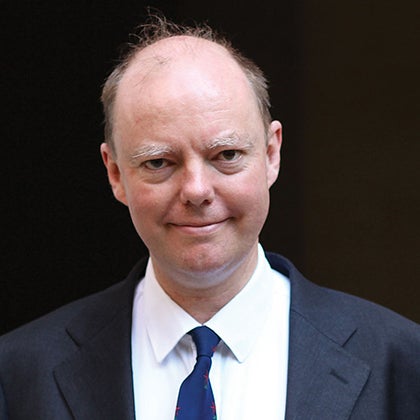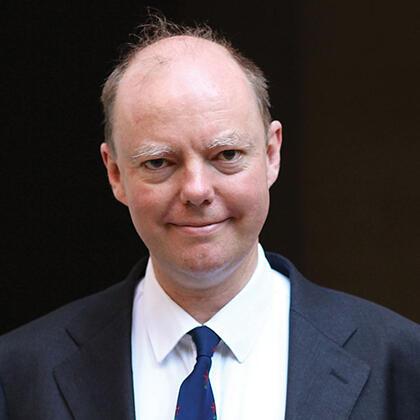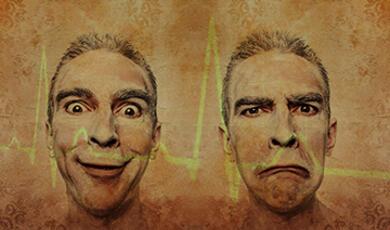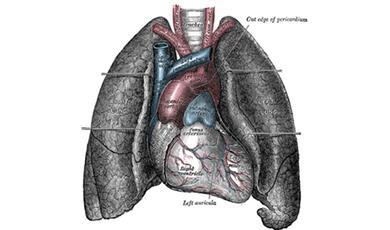The Changing Impact of Infections as We Go Through Life and Age
Share
- Details
- Text
- Audio
- Downloads
- Extra Reading
The very young and very elderly are particularly susceptible to many infections and for many infections, age will predict how likely someone is to die once infected. The immediate and long-term effects of an infection changes throughout our life course. Some infections which if caught as a child are usually relatively trivial are likely to be much more severe in young adults including mumps and chickenpox.
Other infections present in very different ways depending on the age of the sufferer; for example, severe malaria in young children is a completely different disease from severe malaria in adults although the parasite is the same. Otherwise trivial infections can have major effects in pregnant women or particularly on their unborn babies; examples include rubella and Zika. Several vaccines work differently in different age groups. This changing pattern of what makes disease severe as we progress from the first trimester of pregnancy by stages through to becoming very elderly has implications for treatment and prevention of disease.
Download Text
This event was on Wed, 22 May 2019
Support Gresham
Gresham College has offered an outstanding education to the public free of charge for over 400 years. Today, Gresham College plays an important role in fostering a love of learning and a greater understanding of ourselves and the world around us. Your donation will help to widen our reach and to broaden our audience, allowing more people to benefit from a high-quality education from some of the brightest minds.


 Login
Login








